Zimbabwe is a landlocked country located in the southern part of the dark continent, Africa. The country is widely known for its diverse wildlife and magnificent landscapes. The Victoria Falls on the Zambezi River is a major thrill among the tourists who visit Zimbabwe. Exotic birdlife, flora and fauna, highland mountains and flowing rivers remarkably boost the beauty of the country. If you are planning to visit Zimbabwe, you must know the following interesting facts and explore this country of Africa, Zimbabwe:
Population: 13,805,084
Religions: Protestant 82.7% (includes Apostolic 41.8%, Pentecostal 25.2%, other 15.7%), Roman Catholic 6.7%, other Christian 4.6%, traditional religion 0.6%, Muslim 0.4%, other 0.1%, none 4.9% (2015 est.)
GDP (purchasing power parity): $32.38 billion (2016 est.)
GDP – per capita (PPP): $2,200 (2016 est.)
Capital name: Harare
Telephones – mobile cellular: 12,878,926
Zimbabwe is set in south-central Africa, between two of the well known African rivers the Limpopo and the mighty Zambezi.
The first people of the country were the Bantu-speaking Iron Age farmers that settled in the region around AD 300.
Zimbabwe is bordered by South Africa to the south, Botswana to the southwest, Zambia to the northwest and Mozambique to the east.
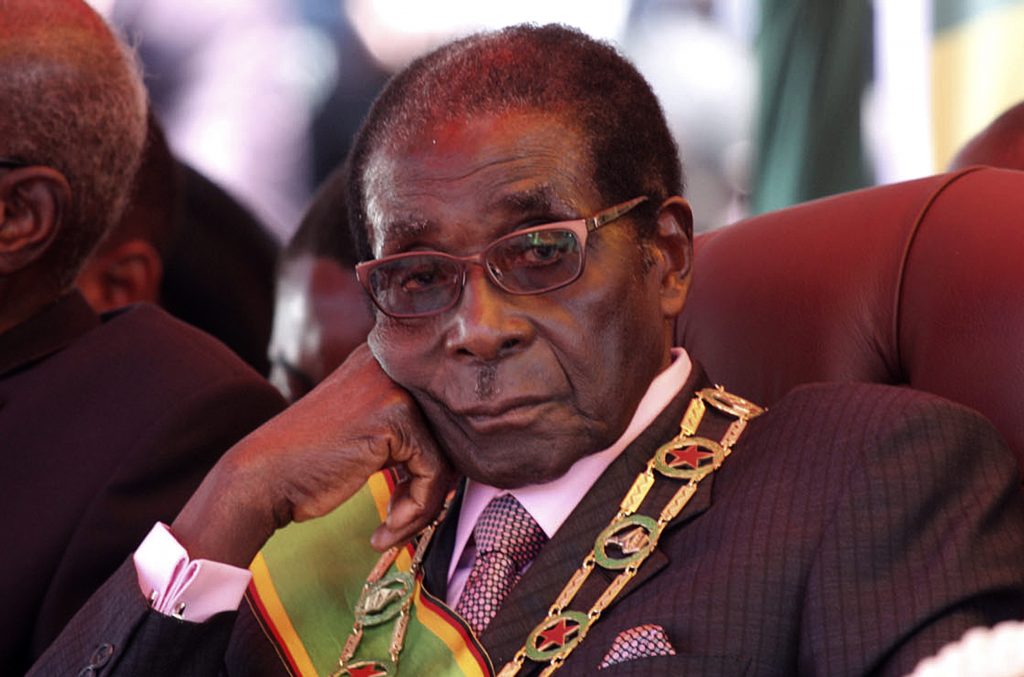
Zimbabwe’s former president – Robert Gabriel Mugabe – is one of the oldest and also the longest-serving leaders of a non-royal country in the world. He has served as the leader of Zimbabwe for the past 36 years. He served as the Prime Minister of Zimbabwe from 1980 to 1987, and then assumed office as the President of Zimbabwe on 22 December 1987 and resigned from the office on 21st November 2017. He was born on 21 February 1924. Robert Gabriel Mugabe is succeeded by Phelekezela Mphoko (born 11 June 1940.)
Victoria Falls, one of the world’s biggest and most spectacular waterfalls, is located in the country’s northwest as part of the Zambezi river.
Zimbabwe abandoned its currency and is currently using others’. This happened after the massive inflation that hit the country in 2008. The country abandoned its currency and has been using the U.S. Dollar, the South African Rand, and the Botswana Pula since April 12, 2009.
It is illegal in Zimbabwe for the police to impound your vehicle on the road. The only occasion when they can do so is when they ask you to produce your driver’s license.
Zimbabwe have won a total of eight medals at the Olympic Games in two sports – hockey (1) and swimming (7). At the 2004 Summer Olympics, in Athens, Greece, Coventry won three Olympic medals: a gold, a silver, and a bronze, while in the 2008 Summer Olympics in Beijing she won four medals: a gold and three silver. A gold medal was won by the women’s national field hockey team in 1980.
Zimbabwe is a landlocked plateau country.
Zimbabwe was once a very rich country.
As per data (UNICEF, 2015), more than 1.4 million people in the country are living with AIDS.
Zimbabwe became independent from the United Kingdom on April 18, 1980. They celebrate their national day on this day to commemorate their independence.
Zimbabwe has one of the lowest life expectancies in the world. Females can expect to live 58.7 years and males survive for 57.3 years, on average (2016.)
Zimbabweans mostly call every kind of toothpaste “Colgate,” every soft drink “Coke,” every washing powder “Surf” and every floor polish “Cobra.”
As most men in the world try to shade their large tummies for flat ones, the opposite is true in Zimbabwe. Zimbabweans see pot bellies in men as a sign of success and wealth.

One of the largest waterfalls in the world, Victoria Falls, is located on the Zambezi River. It is wider than a kilometer and has a height of more than one hundred meters.
Large parts of Zimbabwe were once covered by forests with abundant wildlife. Deforestation and poaching has reduced the amount of wildlife. Woodland degradation and deforestation, due to population growth, urban expansion and lack of fuel, are major concerns and have led to erosion and land degradation which diminish the amount of fertile soil. Zimbabwe is a country that relies mostly on hydroelectric power. Zimbabwe had once relied heavily on electricity from Mozambique and other neighbouring countries
The noise of the Victoria Falls can be heard as far as 40 kilometers away.
Amazingly, Zimbabwe has one of the highest literacy rates in Africa. 86.5% of its population is literate.
Zimbabwe has 16 official languages; English, Chewa, Chibarwe, Kalanga, Koisan, Nambya, Ndau, Ndebele, Shangani, Shona, Sotho, Tonga, Tswana, Venda, Xhosa and sign language! This number is more than any other country in the world.
The International Organization for Migration estimates that millions of Zimbabweans have left their home country in search of better living conditions and food security in other African countries.
In Zimbabwe, you can buy an item priced in South African rands, pay in euros, and get a change in US dollars.
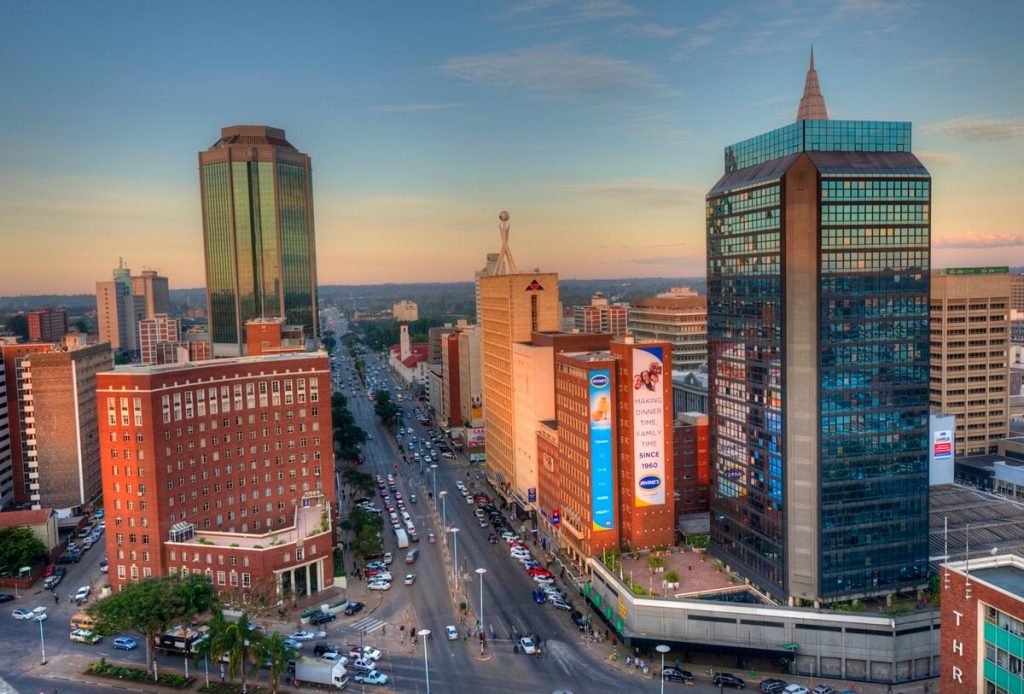
The capital Harare was formerly called Salisbury in 1890 in honor of the British Prime Minister Lord Salisbury.
Lake Kariba, the largest man-made lake and reservoir in the world, is located in Zimbabwe next to the Zambian border.
The country has abundant reserves of minerals, which attracted Cecil Rhodes, the founder of the trading company that led to the British colonization of Zimbabwe and after whom the country was first named
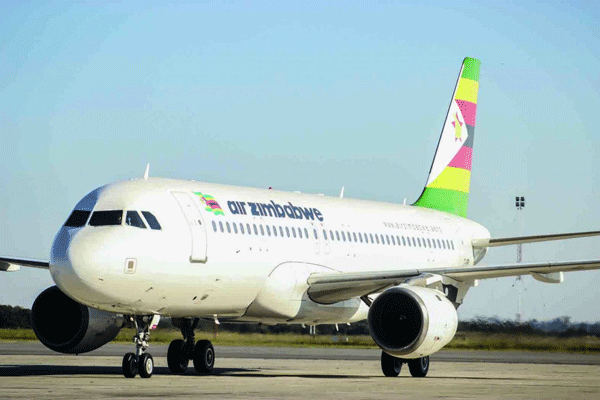
Air Zimbabwe – some seats have no seat belts, so you just tighten the belt you’re wearing on your pants.
Airports – with paved runways: total: 17
Airports – with unpaved runways: total: 179
In 2000, some 70% of the best land was owned by 4,000 white farmers and Mr Mugabe speeded up the process of seizing it and redistributing it to blacks.
Zimbabwe was under British rule from 1890 to 1965. It gained full independence in the year 1980. Cecil Rhodes, the founder of a leading trading company, led to the British colonization of Zimbabwe.
It is illegal to sell products bearing the colors of the Zimbabwean national flag
Traditional medicines and forms of treatment are still widely used in Zimbabwe. In fact, traditional healers, also called n’anga, are sought for their healing powers and religious counsel. They even have an association – Zimbabwe National Traditional Healer’s Association.
Zimbabwe has the largest platinum and diamond reserves in the world.
The law requires motorists to use headlights between 5:30PM and 05:30AM

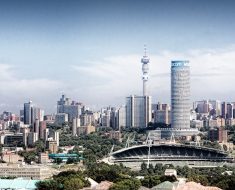
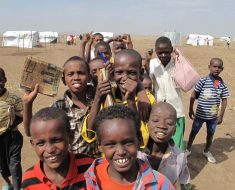
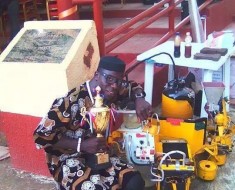
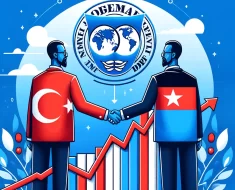
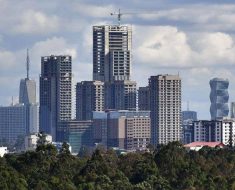
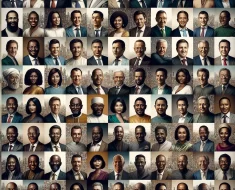
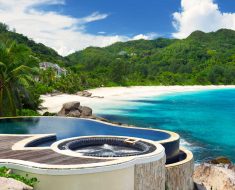
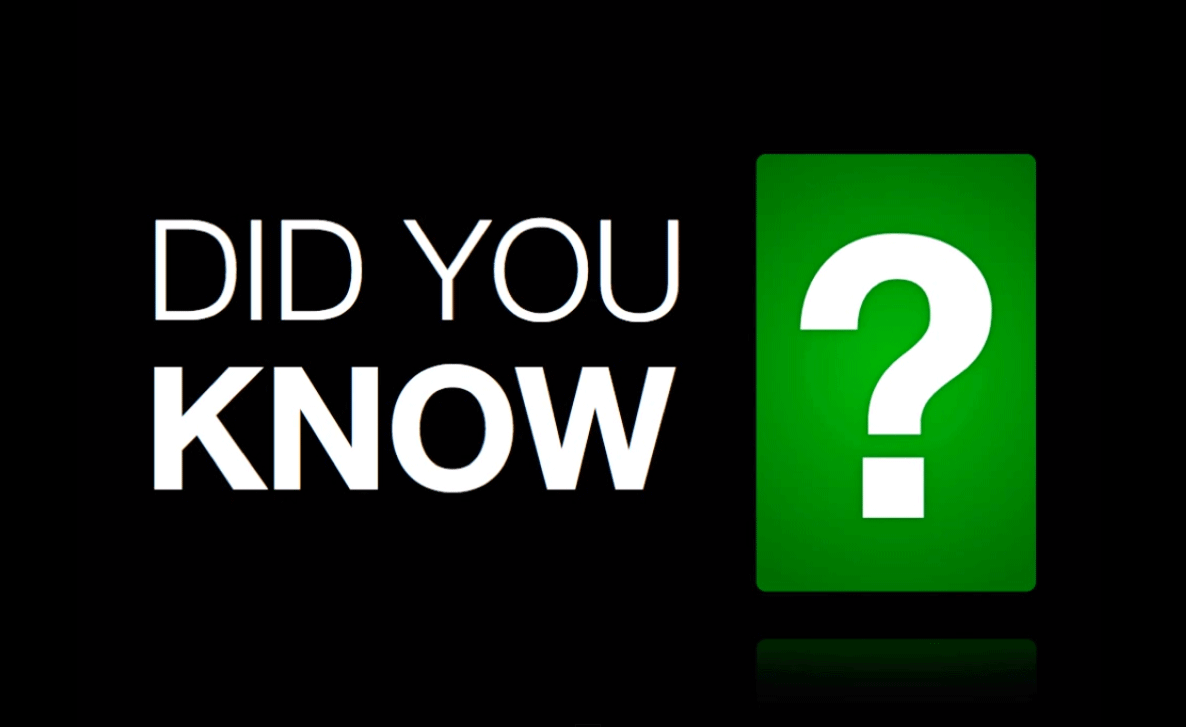
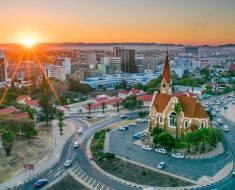
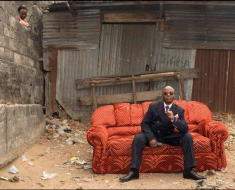
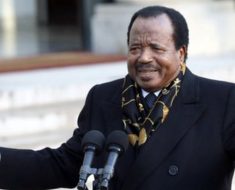
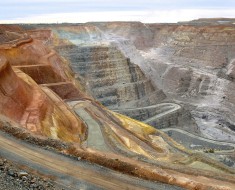
chamisa has victory in his hands